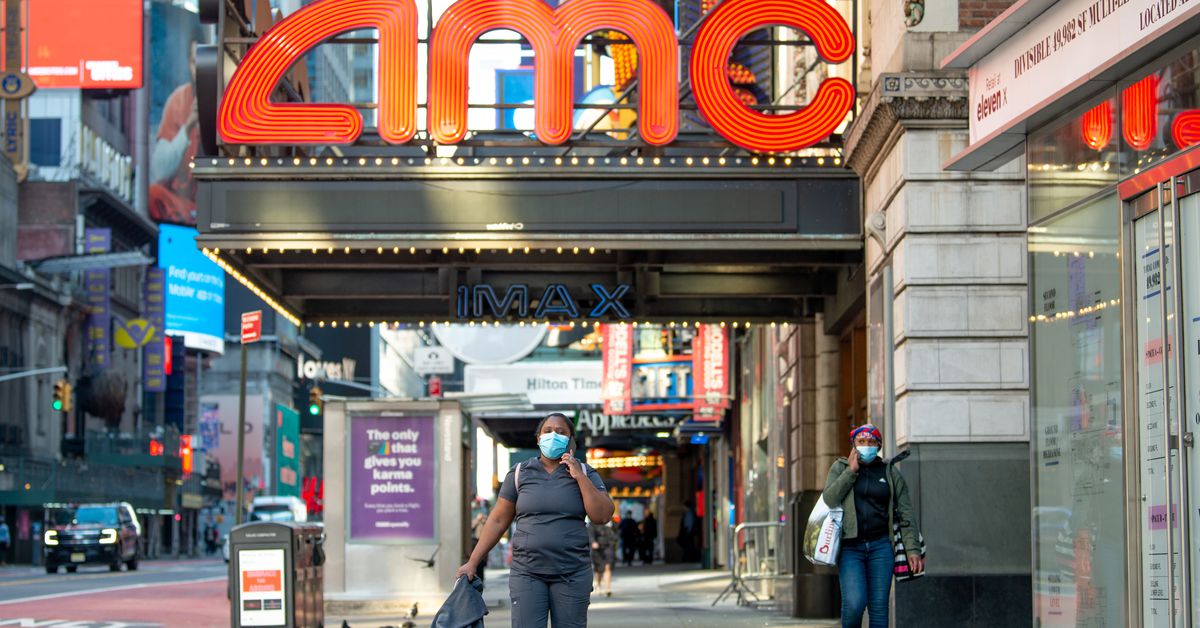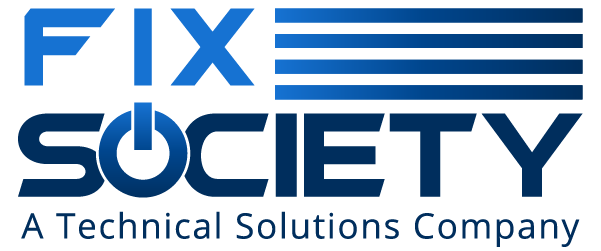
AMC Theaters is warning investors that without a steady flow of movies to bring people into the remaining theaters it has open, the company could run out of cash by the end of 2020.
It’s no surprise that the theater industry is hurting. Nearly every major blockbuster (movies that could get people to possibly visit a theater mid-pandemic) has been pushed back to 2021, and the theaters still open are operating at reduced capacities. The results aren’t great; Warner Bros. and Christopher Nolan’s Tenet — the one notable blockbuster a studio tried to release — failed to perform in the United States, where theaters in major markets like New York City and Los Angeles remain closed. The next big film is Wonder Woman 1984, and there’s always a chance that could move from its current December 25th release date.
To try to avoid the potentially devastating financial impact the ongoing pandemic will have on its business, AMC is laying out a few potential ways of raising cash, according to public documents filed today. This includes continuing negotiations with landlords over lease payments on theater locations, starting joint ventures with other business partners, and potentially selling off assets. As it stands right now, however, “at the existing cash burn rate, [AMC] anticipates that existing cash resources would be largely depleted by the end of 2020 or early 2021.”
AMC’s chief financial officer, Sean Goodman, is also warning investors via public documents that there is “a significant risk” that the aforementioned potential sources of additional liquidity may not actually happen — or, he continued, even if AMC Theaters raises some form of liquidity through those potential avenues, it won’t be enough to offset AMC’s losses. Effectively, Goodman is letting investors know that it’s extremely difficult to predict anything right now, and there “can be no assurance” that any of the plans listed above can correctly solve the problem.
“Our ability to be predictive is uncertain due to the unknown magnitude and duration of the COVID-19 pandemic,” the documents read.
AMC Theaters isn’t the only company facing an increasingly worrisome future. Regal, which is owned by Cineworld, announced last week that it would shut down its theaters for the time being. Doing so would cut costs, which CEO Mooky Greidinger told CNBC were increasing by keeping theaters open. AMC Theaters is currently only operating locations that are open at about 20–40 percent capacity. That represents approximately 83 percent of theaters in the US, according to the company. Since resuming business, however, attendance at theaters is down 85 percent year over year.
One of the biggest uncertainties theater chains like AMC face is being unable to predict consumer behavior. Even if theaters open en masse next year, studios could continue delaying movies if people remain at home. Studios like Disney, Warner Bros., and Universal could move their titles to streaming services. AMC Theaters is working with Universal to shorten the theatrical window to just 17 days, which will allow Universal to sell it directly to consumers at a faster rate and will give AMC Theaters a portion of the revenue.

Recent Comments